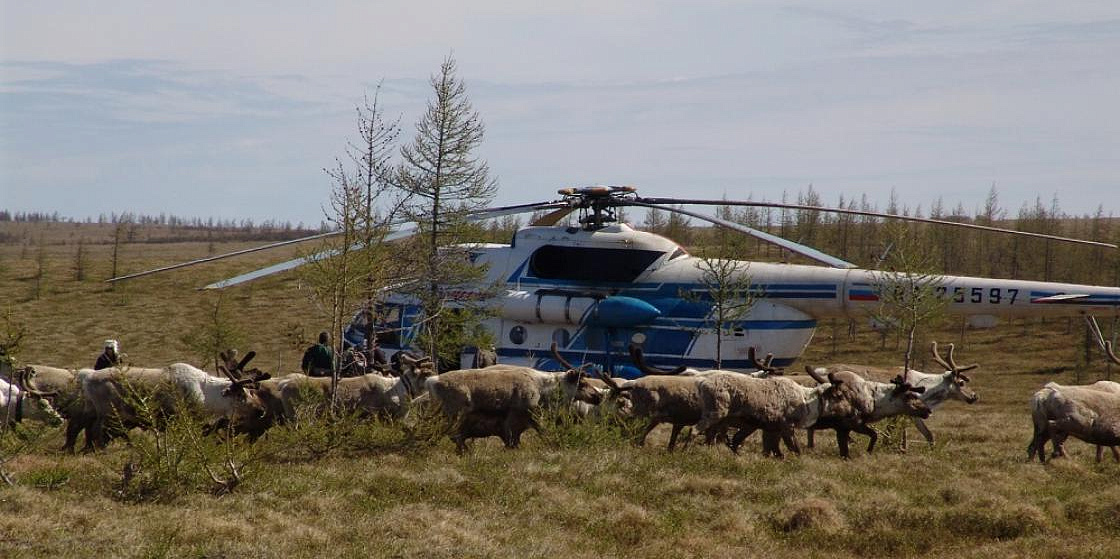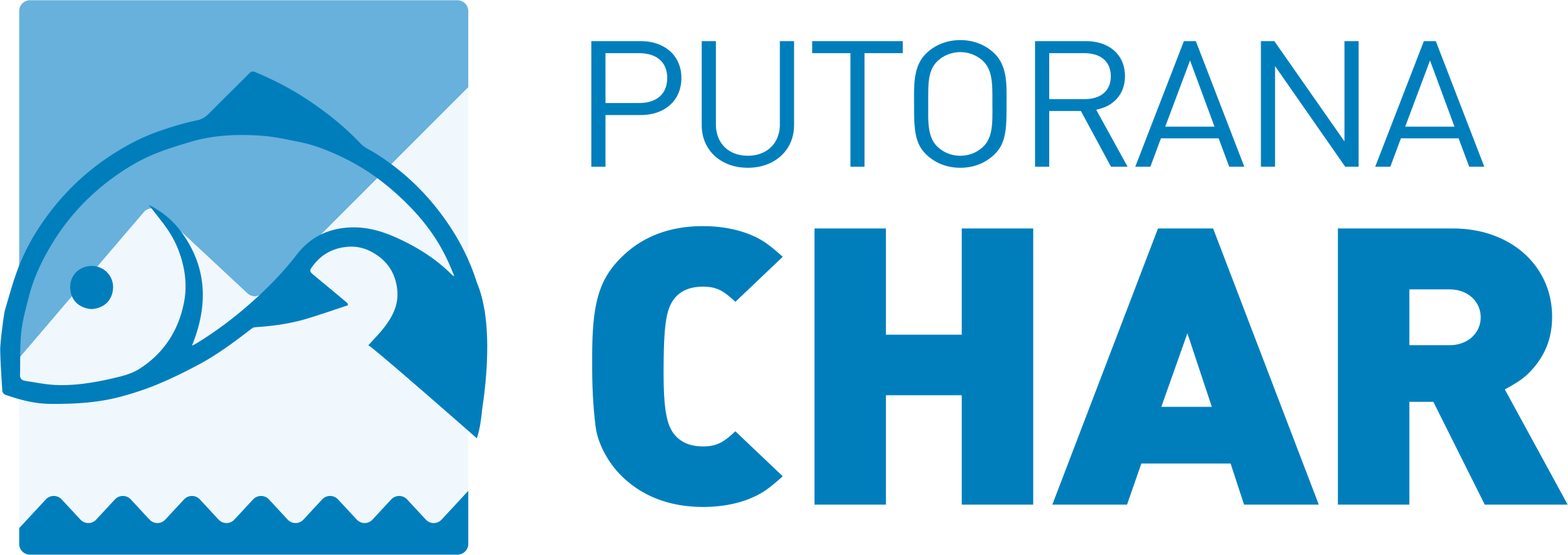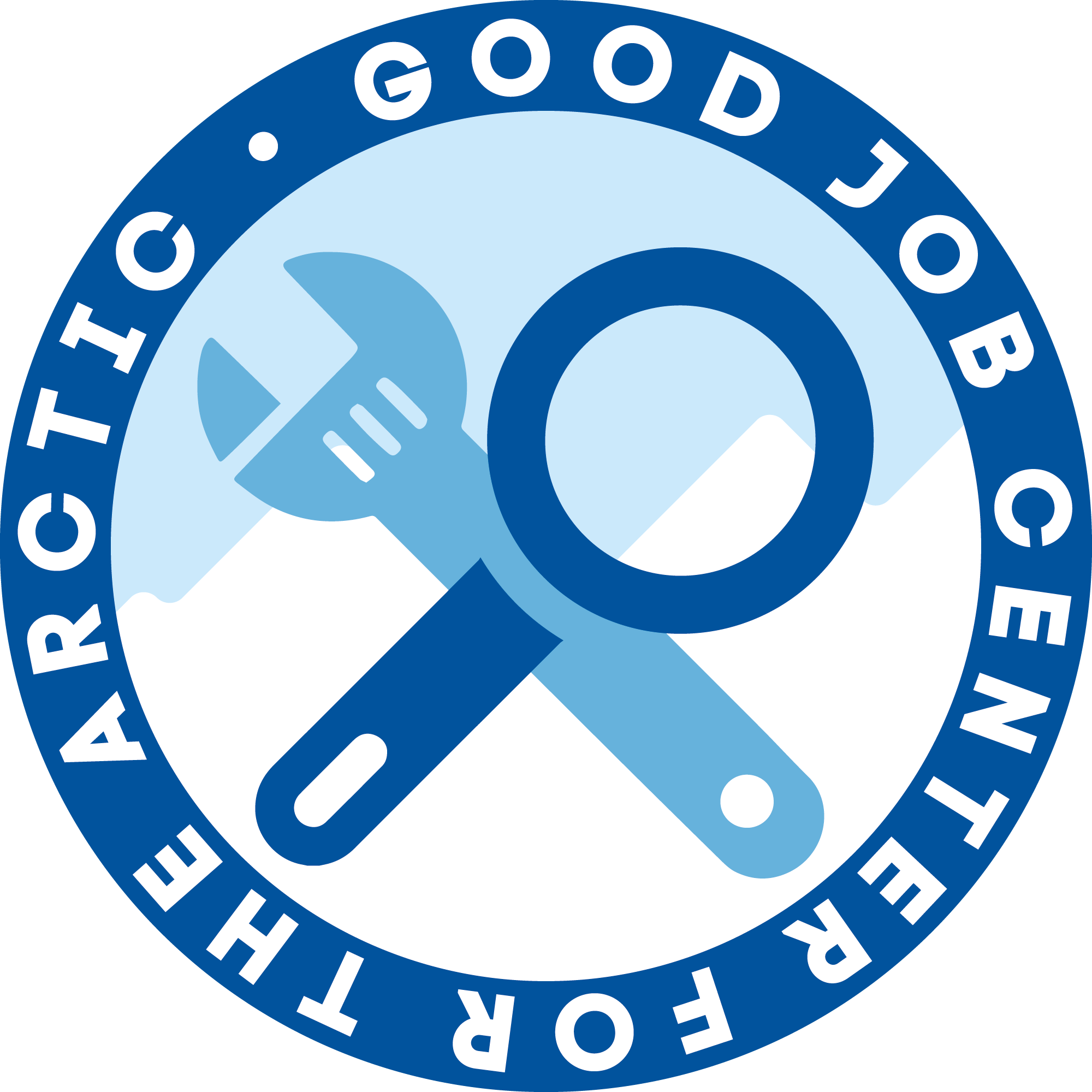
Photo: Nikolskaya Ksenia/GeoPhoto.ru
Arctic Exercise: Environmental Added Value
As part of the Arctic emergency response exercise recently announced by the Russian Emergency Ministry, first responders will participate in a clean-up effort. The Ministry believes this will help create some extra added value -- and improve the environment of the areas concerned.
The emergency personnel will be joined by volunteers on site. Together, they will collect solid waste, which will be then transferred to the points of treatment.
It is noteworthy that, in recent years, removing waste from the Russian Arctic has become normal practice.
For years, the Emergency Ministry has been deploying in remote Polar regions its personnel tasked with performing thorough clean-ups of areas known to be affected by human activity. The Defense Ministry has established an environmental branch whose units are engaged in dismantling former military bases and other structures and installations abandoned by the Soviet Army in the late 1980s in the High North.
A series of smaller grass-root projects involving environmentalists and volunteers have been launched across the Russian Arctic with a view to making it a cleaner and safer place. In turn, the Clean Arctic initiative bringing together ecologists, civic society and scientists and enjoying state support is more than likely to take these efforts to a whole new level.
The recent initiatives voiced by the country’s environmental authorities are expected to yield some impressive results. According to Vice-Premier Victoria Abramchenko, the government intends to invest as much as 20 billion rubles into priority environmental remediation projects, including those to be implemented in the Arctic. Just a decade ago, this could hardly be imaginable.
This trend is marking an important shift in the mindset of both the government and the public. People are becoming more aware of environmental challenges facing the Arctic regions -- as well as more eager to do something about it.
The emergency personnel will be joined by volunteers on site. Together, they will collect solid waste, which will be then transferred to the points of treatment.
It is noteworthy that, in recent years, removing waste from the Russian Arctic has become normal practice.
For years, the Emergency Ministry has been deploying in remote Polar regions its personnel tasked with performing thorough clean-ups of areas known to be affected by human activity. The Defense Ministry has established an environmental branch whose units are engaged in dismantling former military bases and other structures and installations abandoned by the Soviet Army in the late 1980s in the High North.
A series of smaller grass-root projects involving environmentalists and volunteers have been launched across the Russian Arctic with a view to making it a cleaner and safer place. In turn, the Clean Arctic initiative bringing together ecologists, civic society and scientists and enjoying state support is more than likely to take these efforts to a whole new level.
The recent initiatives voiced by the country’s environmental authorities are expected to yield some impressive results. According to Vice-Premier Victoria Abramchenko, the government intends to invest as much as 20 billion rubles into priority environmental remediation projects, including those to be implemented in the Arctic. Just a decade ago, this could hardly be imaginable.
This trend is marking an important shift in the mindset of both the government and the public. People are becoming more aware of environmental challenges facing the Arctic regions -- as well as more eager to do something about it.
27 August 2021




